What is Forex License
The foreign exchange market is the most active financial market globally, with approximately $7.5 trillion in daily trading volume. By contrast, the daily volume was $6.6 trillion in 2019. Millions of people trade online because price movements are very frequent, and they can make a profit on it.
If you’re planning to enter this rapidly expanding field, securing a forex license is a must.
It is a legal document issued by regulatory agencies that allows companies to trade currencies, commodities, securities, and derivatives like CFDs and futures in the foreign exchange market.
Without the license, any broker’s activities are illegal.
From this point, businesses planning to enter this space must obtain a forex license, issued by financial authorities.
The license is needed for several reasons.
Besides it builds trust, it protects investors’ interests. Licensed brokers pass strict requirements, so clients can be sure that all of them are transparent and that there is no financial fraud on the broker’s part. Regular audits of brokers provides additional control over their activities.
A forex license also forms the broker’s reputation in the market. For many traders, the lack of a license can be a ‘red flag’ when choosing a trading platform.
Who Needs to Obtain Forex License
A forex license is a ‘must-have’ for any company that plans to operate legally as a forex broker or offer forex trading services.
Let’s break down who actually needs this license:
You Help Others Trade Forex
If you’re setting up a forex broker business that lets people trade currencies, you definitely need a license. It includes retail forex brokers, institutional brokers, and electronic trading platforms.
You Handle Other People’s Money
If your business is going to manage or invest money for others in the forex market, you need a license. You’re responsible for someone else’s funds, and authorities want to make sure you’re playing by the rules. It includes any entities that quote buy and sell prices and profit from the spread, rather than commission.
You Build Forex Trading App or Platform
If you’re creating a mobile app or website that lets users trade, you also need a license, especially if your app lets users deposit money or make trades directly.
You’re Giving Investment Advice on Forex
If you’re telling people what currencies to trade, and they’re paying you for your advice, that’s also something that often needs a license, depending on the country.
You don’t need a license, if you just trade your own money for profit, teach people how forex works through a course or YouTube channel, or run a prop trading company where traders use company’s money and don’t manage outside client funds.
Required documents for anjouan gaming license
Lorem ipsum dolor sit amet, consectetuer adipiscing elit. Aenean commodo ligula eget dolor. Aenean massa. Cum sociis natoque penatibus et magnis dis parturient montes, nascetur ridiculus mus.
Donec quam felis, ultricies nec, pellentesque eu, pretium quis, sem. Nulla consequat massa quis enim. Donec pede justo, fringilla vel, aliquet nec, vulputate eget, arcu. In enim justo, rhoncus ut, imperdiet a, venenatis vitae, justo. Nullam dictum felis eu pede mollis pretium. Integer tincidunt. Cras dapibus. Vivamus elementum semper nisi. Aenean vulputate eleifend tellus. Aenean leo ligula, porttitor eu, consequat vitae, eleifend ac, enim. Aliquam lorem ante, dapibus in, viverra quis, feugiat a, tellus.
Phasellus viverra nulla ut metus varius laoreet. Quisque rutrum. Aenean imperdiet. Etiam ultricies nisi vel augue. Curabitur ullamcorper ultricies nisi. Nam eget dui. Etiam rhoncus. Maecenas tempus, tellus eget condimentum rhoncus, sem quam semp


Advantages of a Forex License
Networking Opportunities

Risk Management

Global Market Opening

Trust Matters

Forex License Requirements
To obtain a forex license, businesses must meet several strict requirements set by regulatory authorities. Here’s a breakdown of general gambling license requirements.
Regardless of the jurisdiction, applicants typically need to provide:
- Business plan
- Anti-Money Laundering (AML) and Know Your Customer (KYC) policies
- Proof of sufficient capital
- Identification documents and CVs of directors and key personnel
- Evidence of a physical office (varies by jurisdiction)
- Compliance manuals and internal control procedures
Let’s take a look at Cyprus, a jurisdiction that opens the door to the EU.
A license in Cyprus is issued by the Cyprus Securities and Exchange Commission (CySEC). The minimum capital required depends on the type of services your forex firm offers:
- Execution-only broker (STP): €125,000
- Marker maker: €730,000
- Portfolio Management and Advisory: €50,000
This capital must be deposited in a Cypriot bank account.
In addition to it, the company must provide a business plan of 3-year projection, internal procedures manual, AML policies, background checks and CVs for key personnel, bank confirmation letter, and a physical presence in Cyprus.
In Mauritius, there are basic requirements including a minimum capital of $22,500, a local compliance officer, a detailed business plan, and a swift process.
Contact us to learn more about specific requirements in other jurisdictions.
Personal Documentation
-
Valid passports for all key personnel, including directors and major shareholders.Assistance with Application for an Anjouan license
-
Proof of address for key personnel (issued within the last 3-6 months).
-
Recent bank statements to verify financial stability.
-
Clean criminal records (issued by official authorities).
-
A detailed resume of professional background, qualifications, and industry experience for each key person.
Corporate Documents
-
Documentation to prove the source of funds used for the business.Assistance with Application for an Anjouan license
-
Certificate of incorporation, articles of association, and memorandum of association.
-
A detailed business plan outlining your business strategy, market analysis, and financial projections.
-
Details of all shareholders and their percentages of ownership
-
Detailed policies outlining your Anti-Money Laundering and Know Your Customer procedures.
-
Certifications for gaming software used.
-
Reports from recent security audits of your gaming systems.
-
Policies in place to promote responsible gaming practices.
Keep in mind, requirements vary by jurisdiction—what’s needed in one country may not apply in another.
The paperwork can feel overwhelming, but we, at MGL, handle the entire process. You only need to provide your personal documents, and we take care of the rest, ensuring everything is accurate, up to date, and properly prepared for submission.

How to Get a Forex License
Below is a step-by-step guide on how to get a forex license:
Step 1: Choose A Jurisdiction In Which You Will Be Licensed
The key factors to consider when choosing a jurisdiction are: its costs, regulatory requirements, and availability of market access. It also includes:
- Minimum initial capital: It ranges from low offshore thresholds, such as $20,000 in Mauritius, to as high as $500,000 in Belize.
- Timeline: It usually takes about 3-8 months, depending on the country.
- Market access: Some jurisdictions offer access to global markets, while others provide access only to specific regions.
- Requirements: Some jurisdictions have very tightened regulatory requirements with regular audits, like the UK does.
Once the jurisdiction is chosen, you’ll need to establish your corporate structure and financial infrastructure.
Step 2: Setup Your Company
It’s common for some jurisdictions to require a local company setup. This allows regulators to hold you accountable under local laws. It also makes it easier to audit your business, check compliance with AML, KYC, and risk controls, visit your office and verify real operations.
Moreover, with a local company, customers can contact you directly, disputes can be resolved under local consumer protection laws. This is especially critical in finance, where clients risk losing large sums if a company disappears or hides offshore.
So, in this step you need to:
- Register your company
- Secure a physical office (if required)
- Maintain segregated client accounts
- Hire key local personnel
For example, for Cyprus, you must open a Cyprus Investment Firm (CIF) and hire Cypriot staff.
Step 3: Meet Capital Requirements
Deposit the required minimum capital in a local bank account. Keep in mind that funds must be readily accessible and proven with bank confirmation letters.
Step 4: Prepare Documentation
When your company setup is complete, you can move ahead with applying for the license. The first step is pulling together all necessary documentation. These papers must be tailored to the regulatory expectations of your chosen jurisdiction.
At the same time, you need to establish AML/KYC procedures, implement risk management systems, ensure client data protection and develop financial reporting capabilities.
Step 5: Submit the Application
Apply to the regulator by submitting all prepared documents, proof of capital deposit and application forms, usually online and physical copies. Also, you may need to pay a non-refundable application fee at this stage.
The time required to obtain a license depends on the jurisdiction. Prime markets typically take 6–8 months, while others may take less, about 3–6 months.
Types of Forex License
Step 1: Choose A Jurisdiction In Which You Will Be Licensed
The key factors to consider when choosing a jurisdiction are: its costs, regulatory requirements, and availability of market access. It also includes:
- Minimum initial capital: It ranges from low offshore thresholds, such as $20,000 in Mauritius, to as high as $500,000 in Belize.
- Timeline: It usually takes about 3-8 months, depending on the country.
- Market access: Some jurisdictions offer access to global markets, while others provide access only to specific regions.
- Requirements: Some jurisdictions have very tightened regulatory requirements with regular audits, like the UK does.
Once the jurisdiction is chosen, you’ll need to establish your corporate structure and financial infrastructure.
Step 2: Setup Your Company
It’s common for some jurisdictions to require a local company setup. This allows regulators to hold you accountable under local laws. It also makes it easier to audit your business, check compliance with AML, KYC, and risk controls, visit your office and verify real operations.
Moreover, with a local company, customers can contact you directly, disputes can be resolved under local consumer protection laws. This is especially critical in finance, where clients risk losing large sums if a company disappears or hides offshore.
So, in this step you need to:
- Register your company
- Secure a physical office (if required)
- Maintain segregated client accounts
- Hire key local personnel
For example, for Cyprus, you must open a Cyprus Investment Firm (CIF) and hire Cypriot staff.
Step 3: Meet Capital Requirements
Deposit the required minimum capital in a local bank account. Keep in mind that funds must be readily accessible and proven with bank confirmation letters.
Step 4: Prepare Documentation
When your company setup is complete, you can move ahead with applying for the license. The first step is pulling together all necessary documentation. These papers must be tailored to the regulatory expectations of your chosen jurisdiction.
At the same time, you need to establish AML/KYC procedures, implement risk management systems, ensure client data protection and develop financial reporting capabilities.
Step 5: Submit the Application
Apply to the regulator by submitting all prepared documents, proof of capital deposit and application forms, usually online and physical copies. Also, you may need to pay a non-refundable application fee at this stage.
The time required to obtain a license depends on the jurisdiction. Prime markets typically take 6–8 months, while others may take less, about 3–6 months.
HOW IT WORKS
How to Get a Gambling License
Here’s a general guide on how to get a gambling license:
Step 1
Choose the Jurisdiction
Research different jurisdictions to find one that aligns with your business needs. Some well-known options include the Vanuatu Gaming Authority (VGA), Anjouan Offshore Finance Authority (AOFA), Malta Gaming Authority (MGA), Kahnawake Gaming Commission (Canada), and Vanuatu Gambling Authority. Some regions have strict rules and higher fees, while others offer a quicker and more affordable approval process.
The most popular licenses
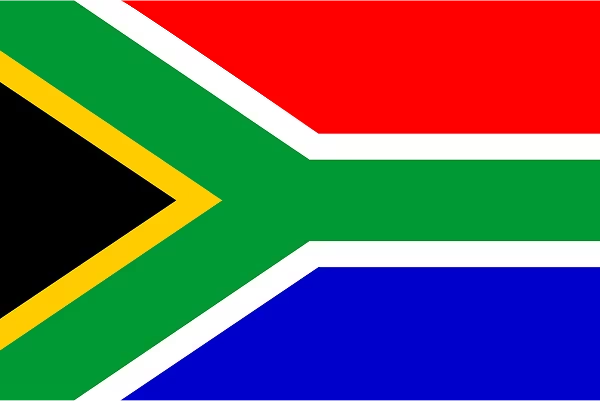
Secure your Forex license in South Africa easily. My Gaming License provides detailed support on licensing requirements, costs, and legal benefits for your gaming platform.
Suspension or Revocation of Forex License
Regulatory authorities can suspend or revoke a gambling license if a company violates regulations, breaks license conditions, or puts traders and public trust at risk.
Licensee can lose their license for several reasons:
- Not following key requirements anymore.
- Not keeping the minimum capital, or other conditions set by the regulator.
- Lying about finances, hiding problems, or acting dishonestly in any way can seriously damage trust.
- Shutting down operations for too long, or simply running out of money.
An official notice from the regulator is the first step of the suspension/revocation process. The licensee receive an opportunity to explain what is exactly happened and why they are not following the requirements anymore. They can provide an explanation by writing or in person at a hearing.
Afterwards, the licensee has no other option but to wait for a decision.
So, how often does this actually happen?
This isn’t an everyday thing, but it does happen.
In April 2020, the Central Bank of Kenya temporarily suspended Absa’s forex license because of its regulatory issues. The pause, however, occurred only for a week, from 9th to 15 th, and it gave rise to a stir.
Ghana also experienced something similar in November 2024. The FX trading license of CBG was suspended for one month.









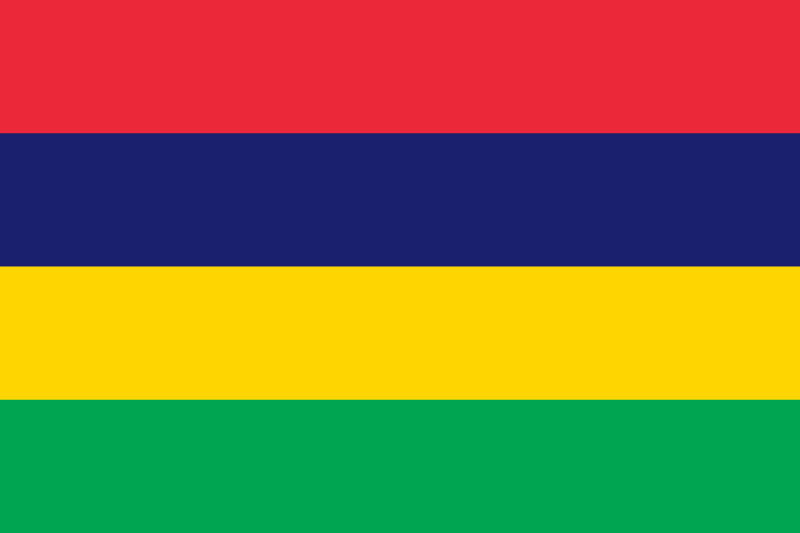
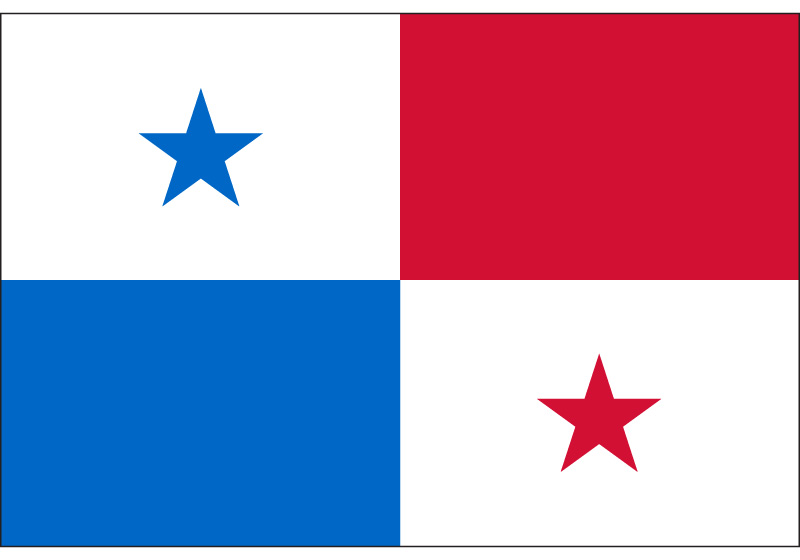
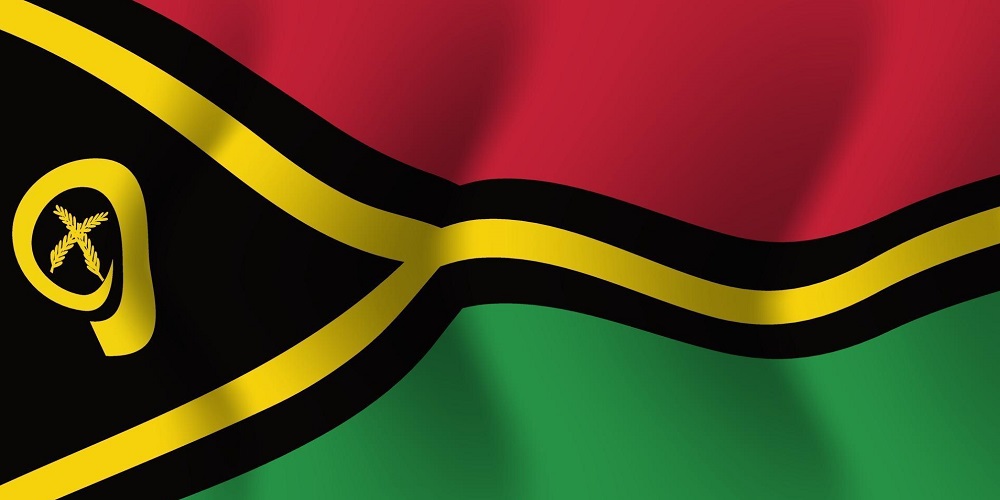
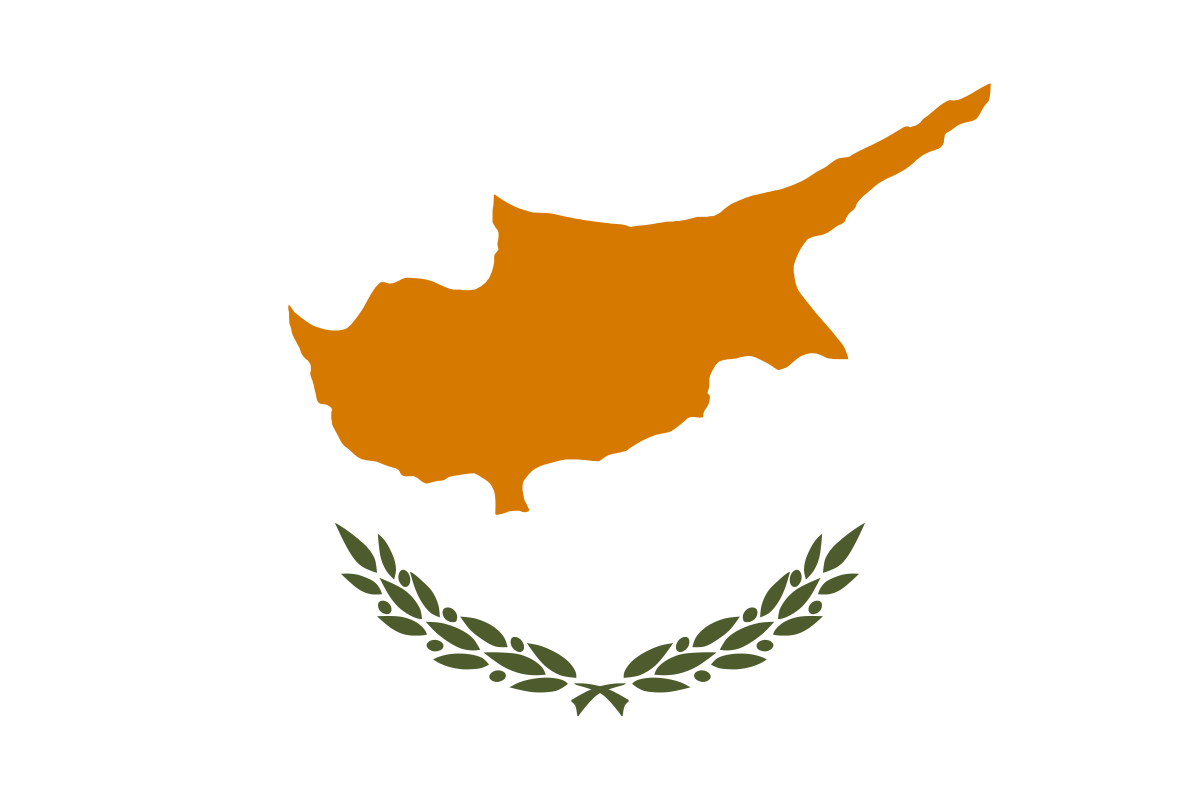





.jpg)
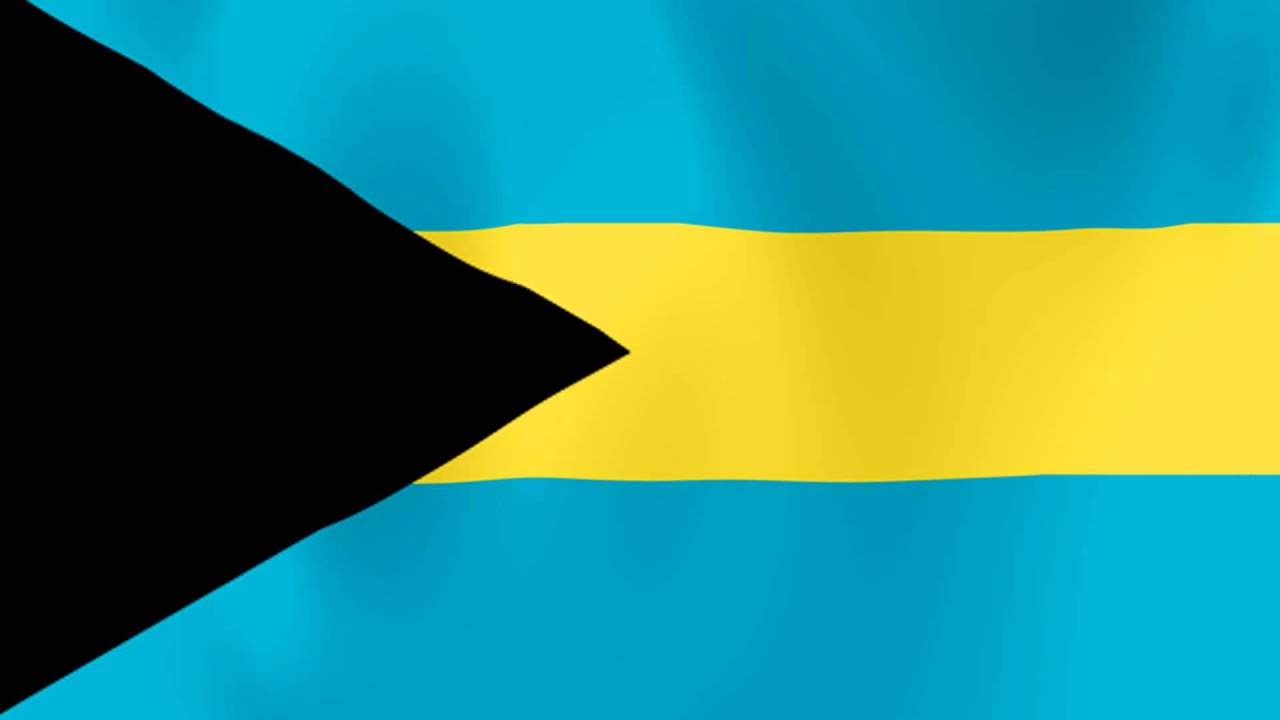
.svg.png)
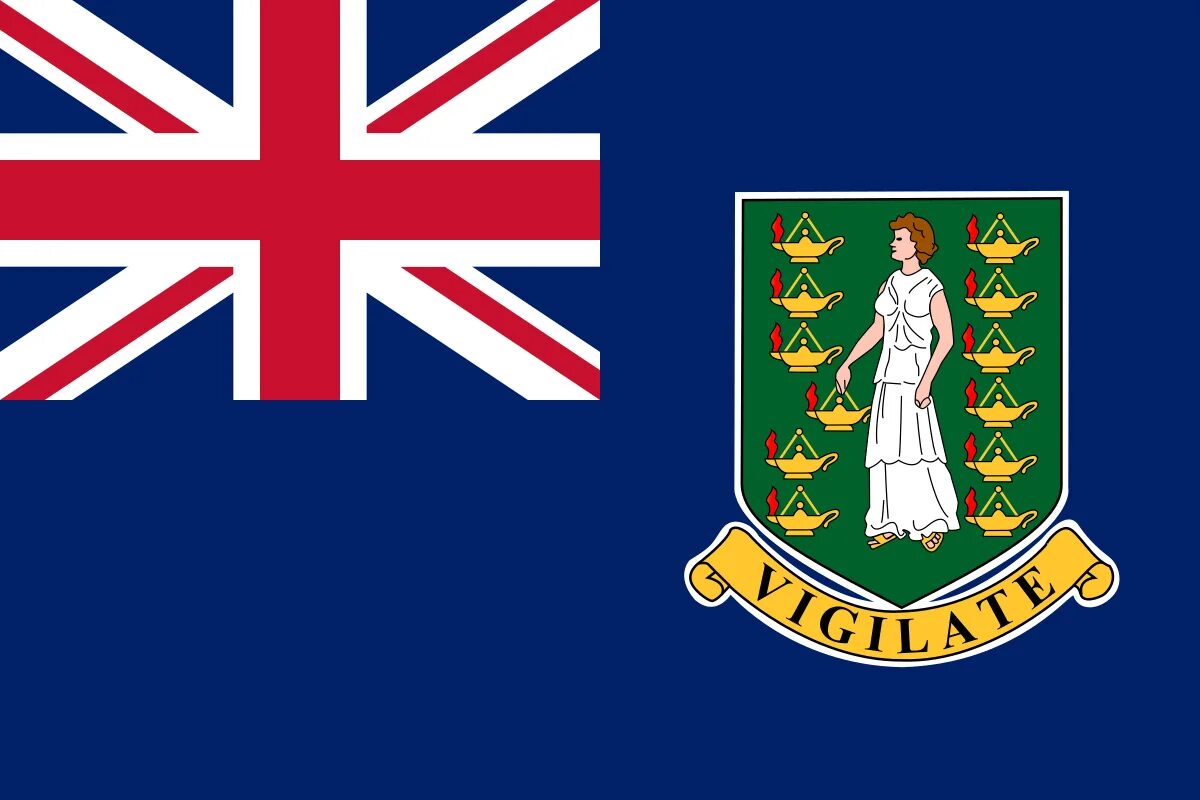
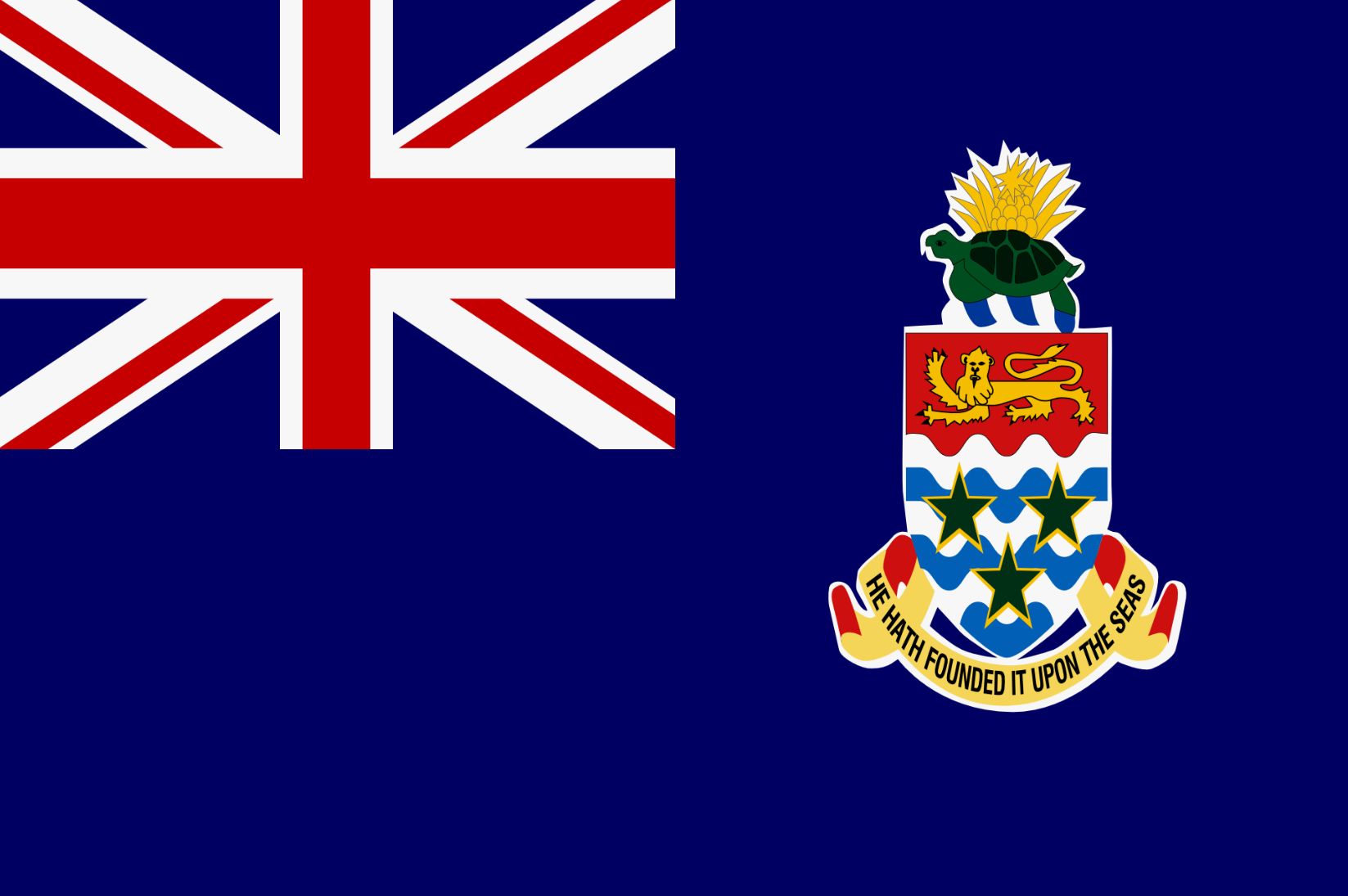
.jpg)
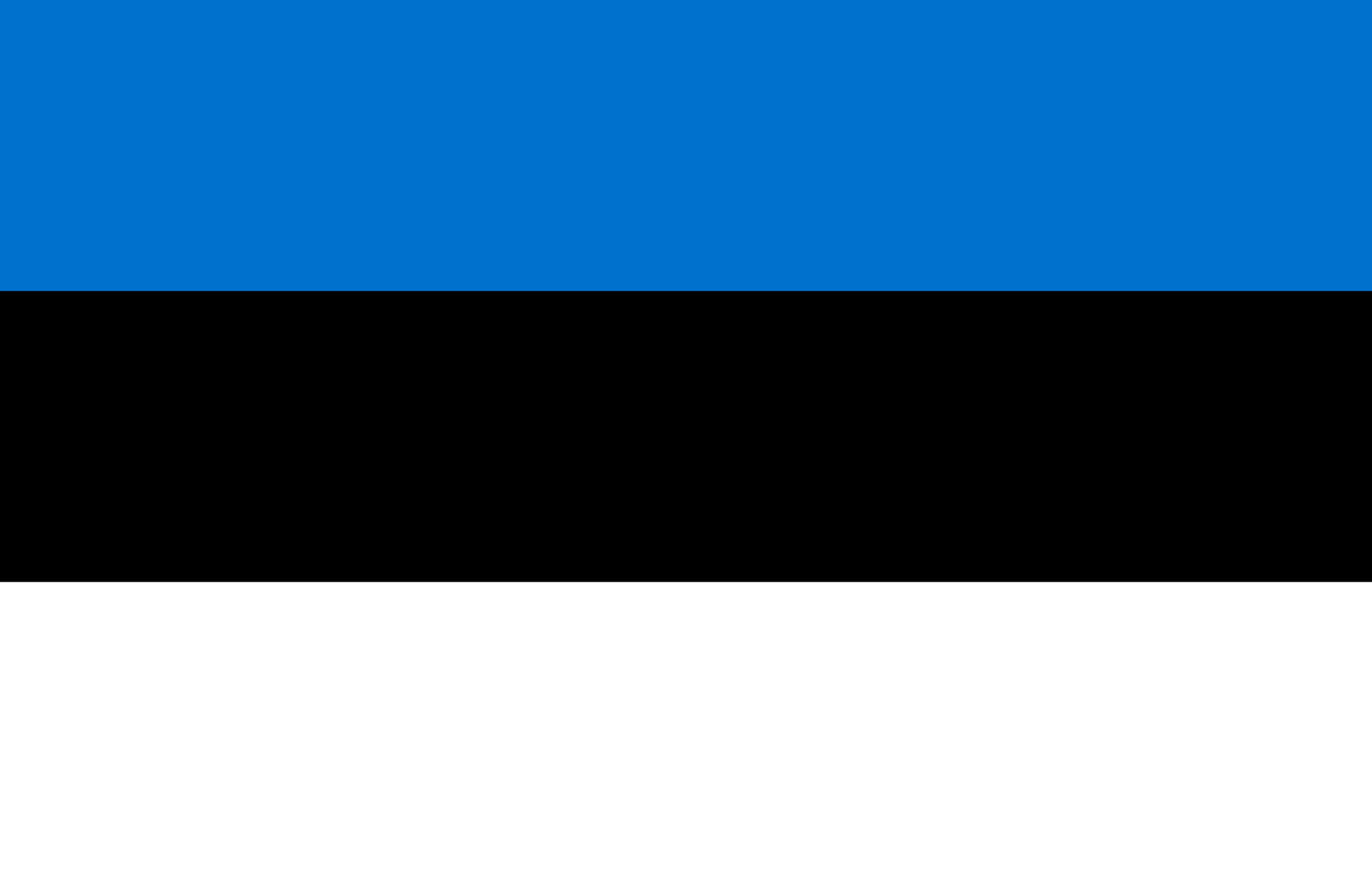
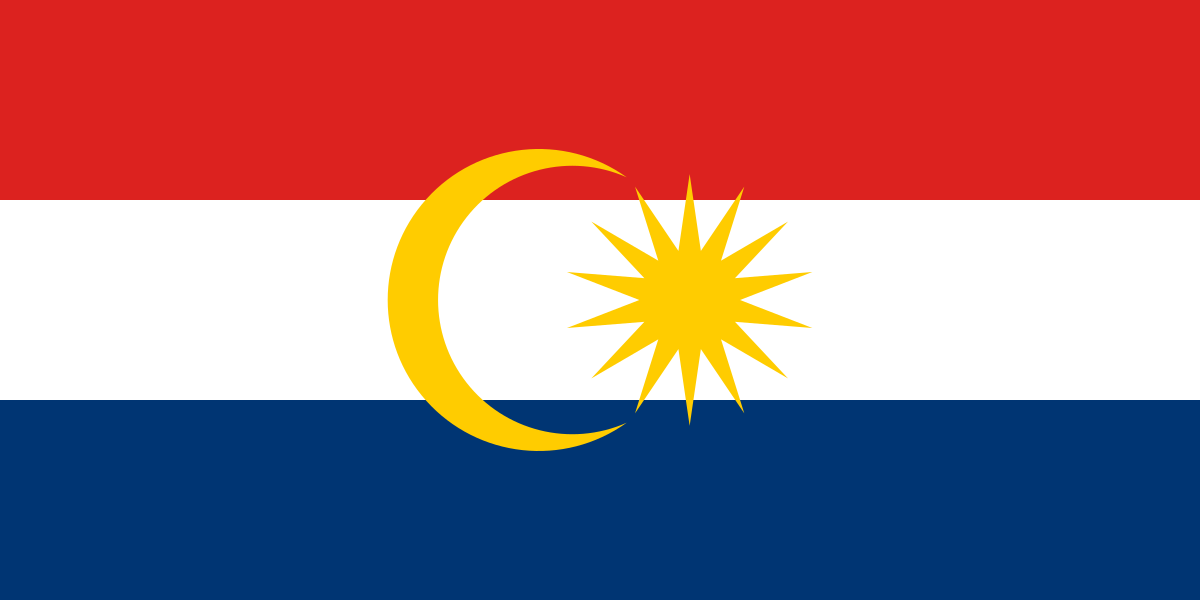
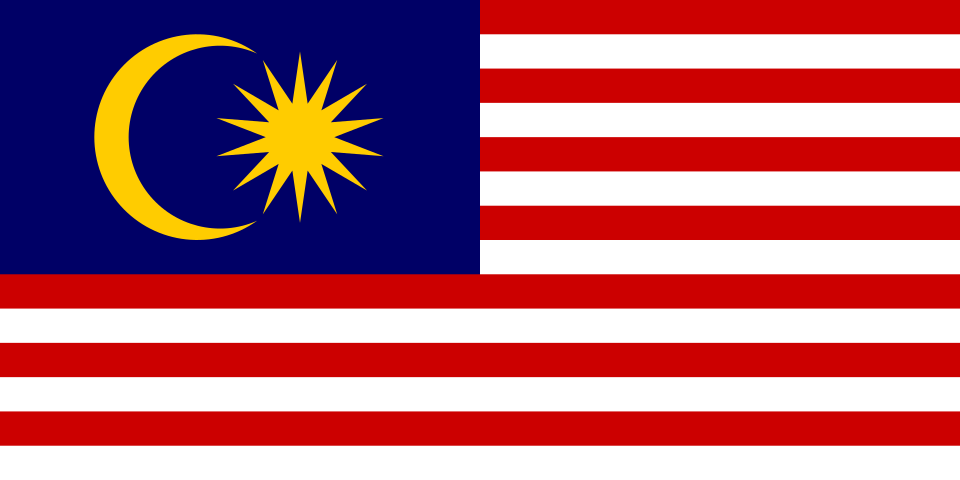
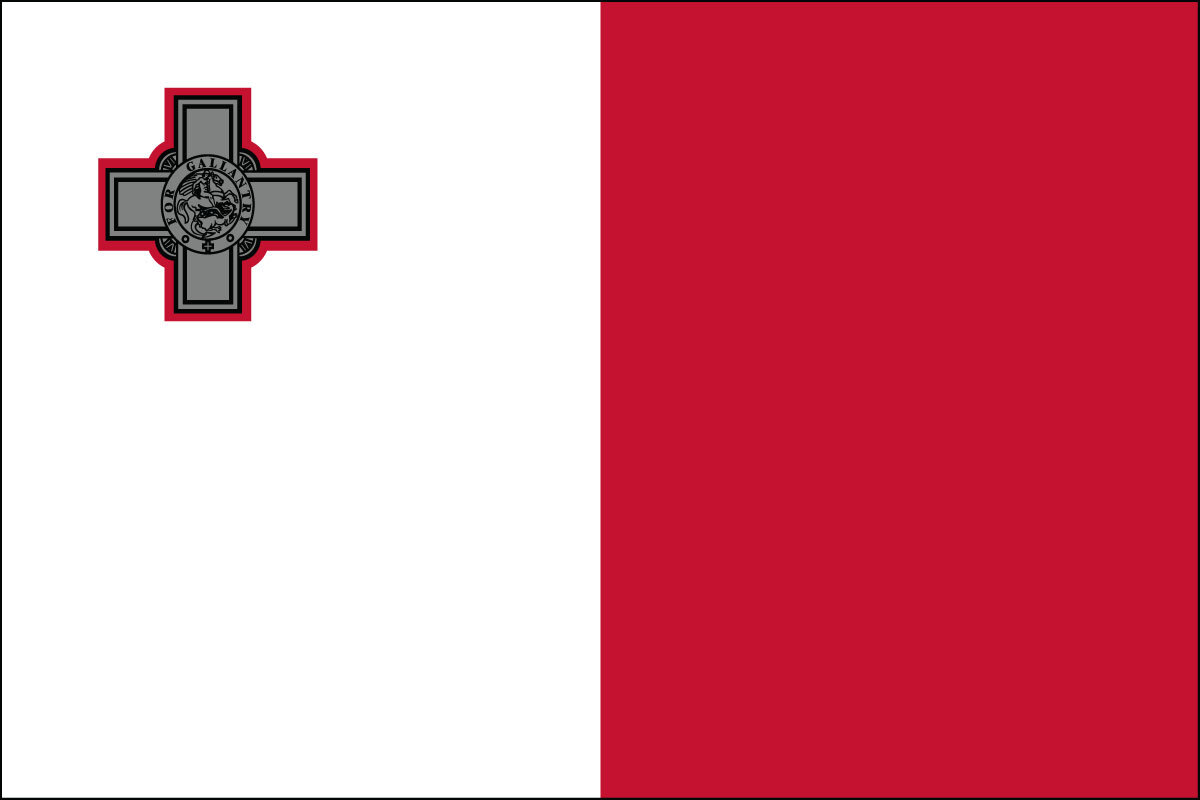
.svg.png)
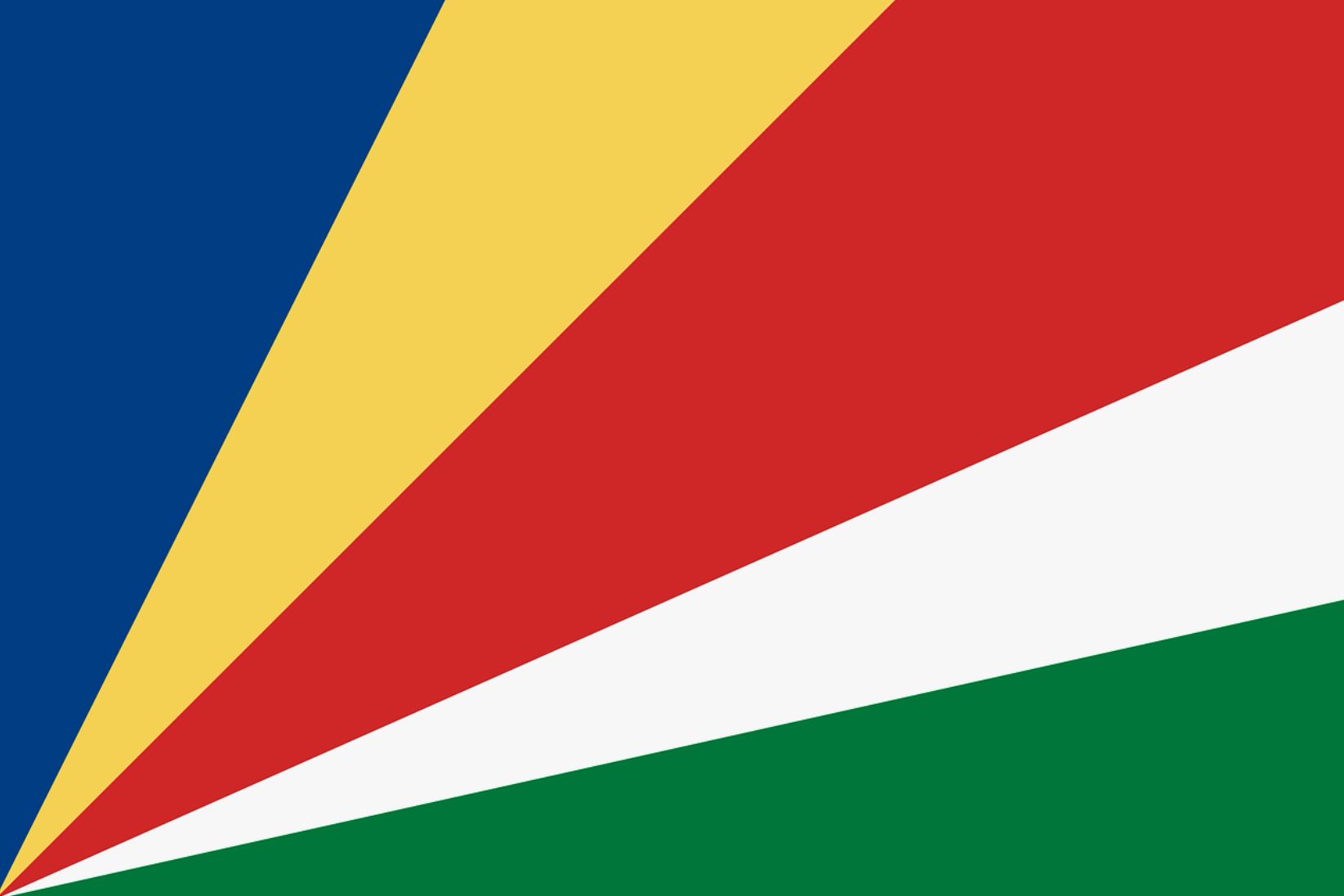
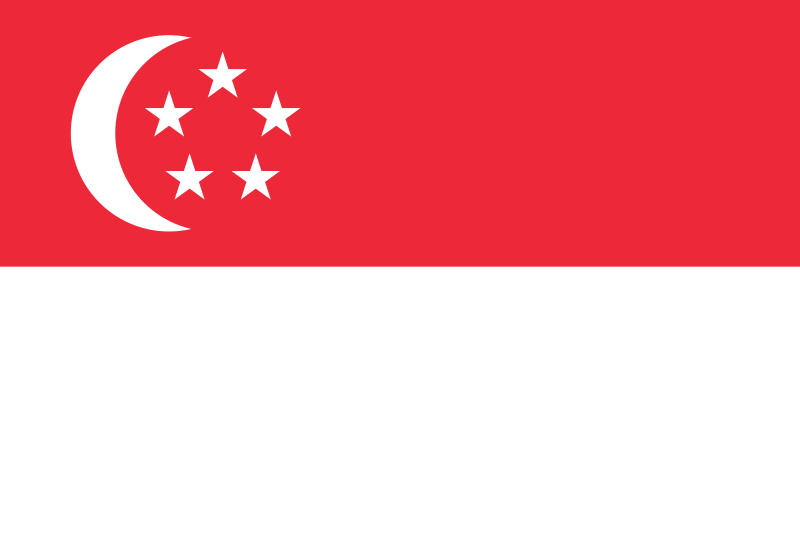
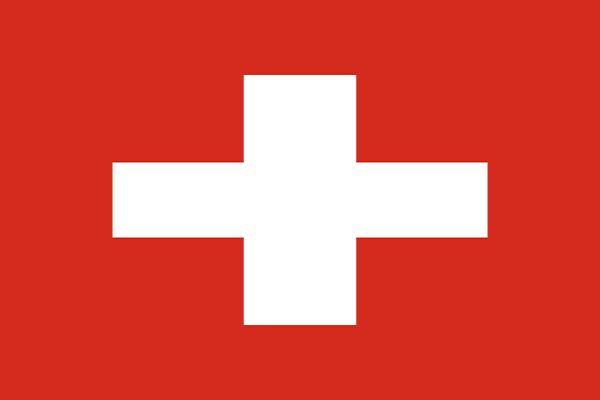
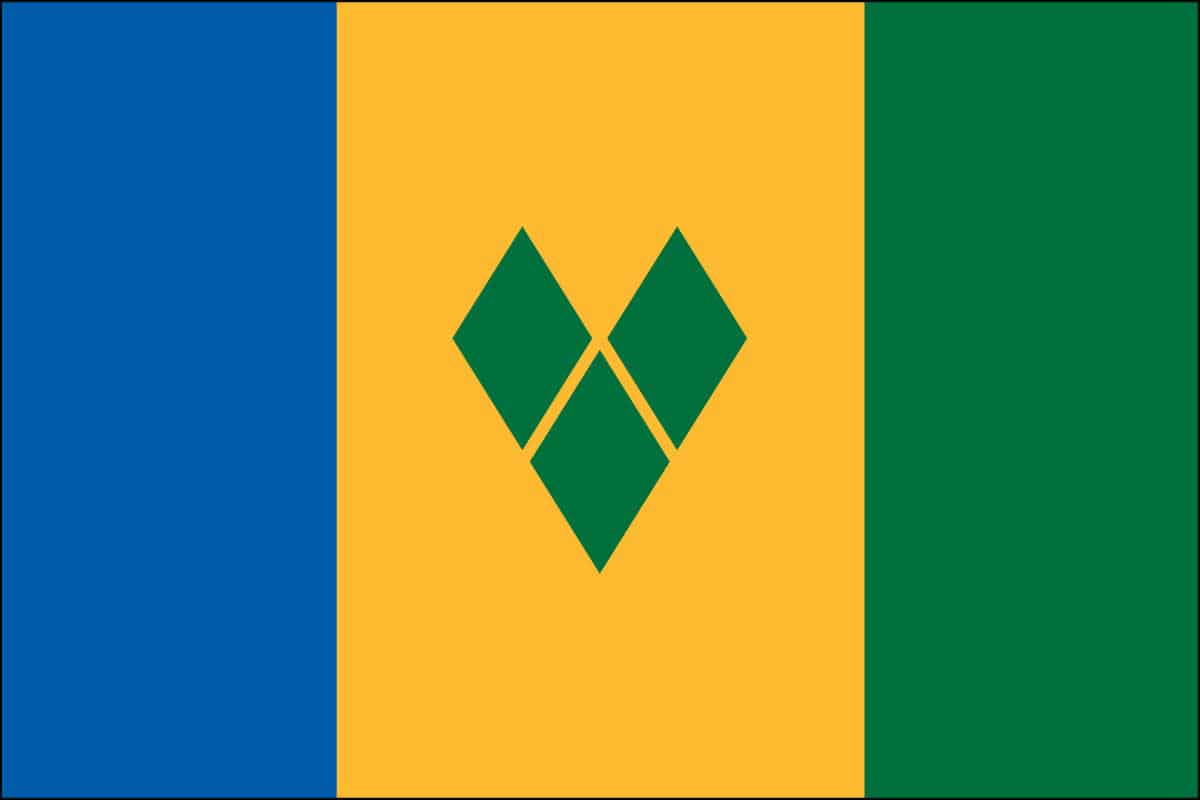
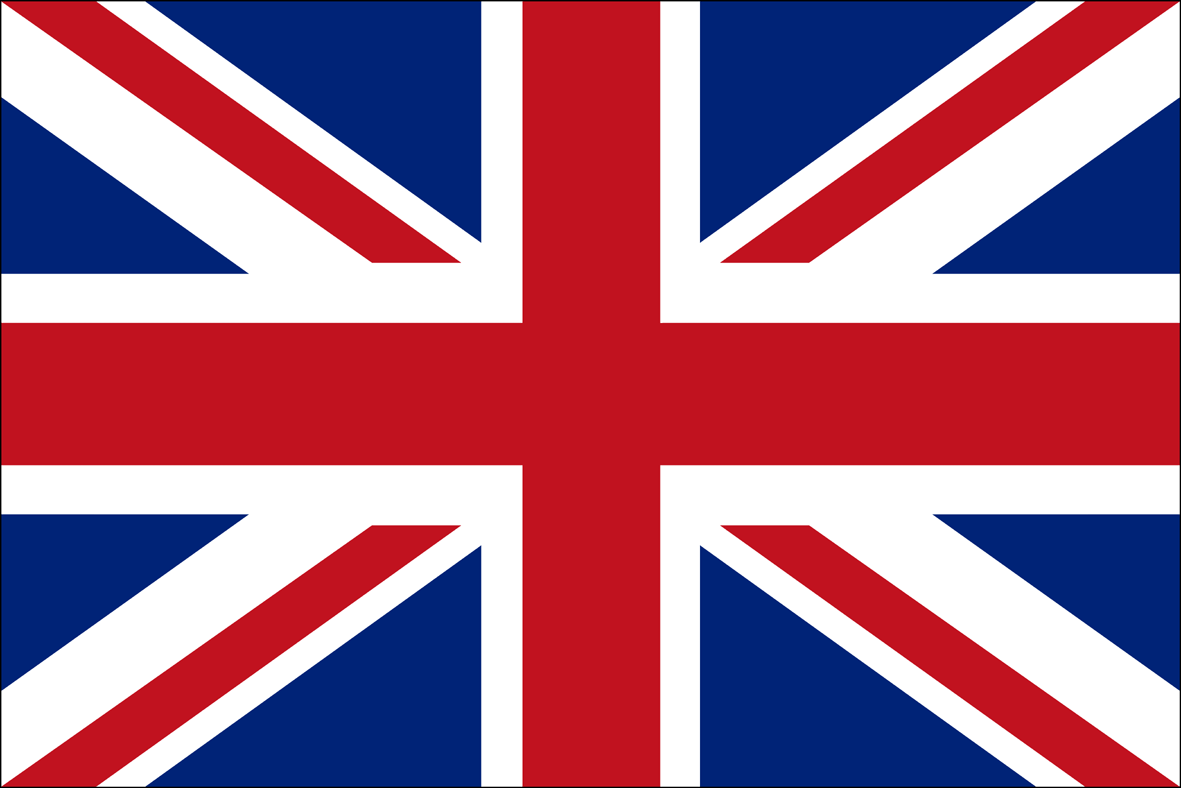
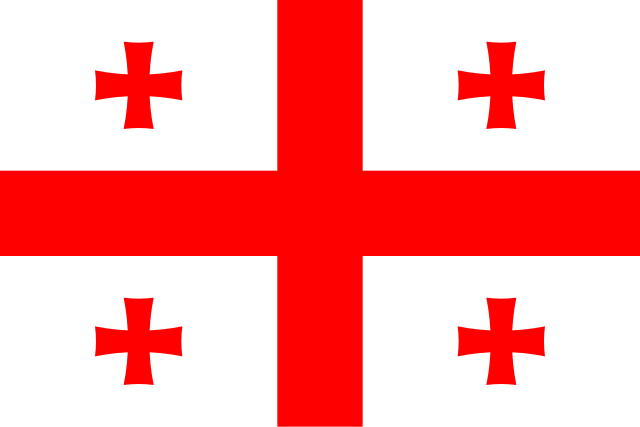
.svg.png)